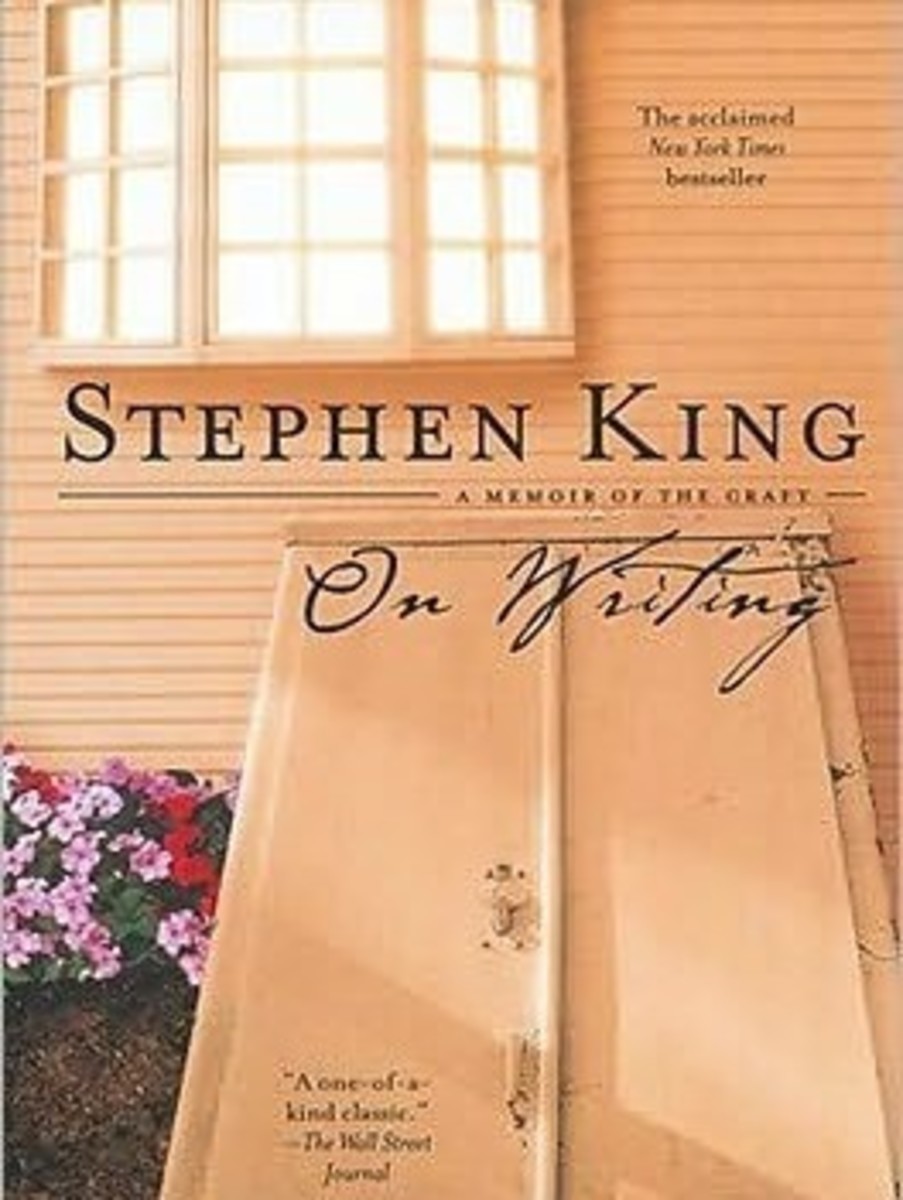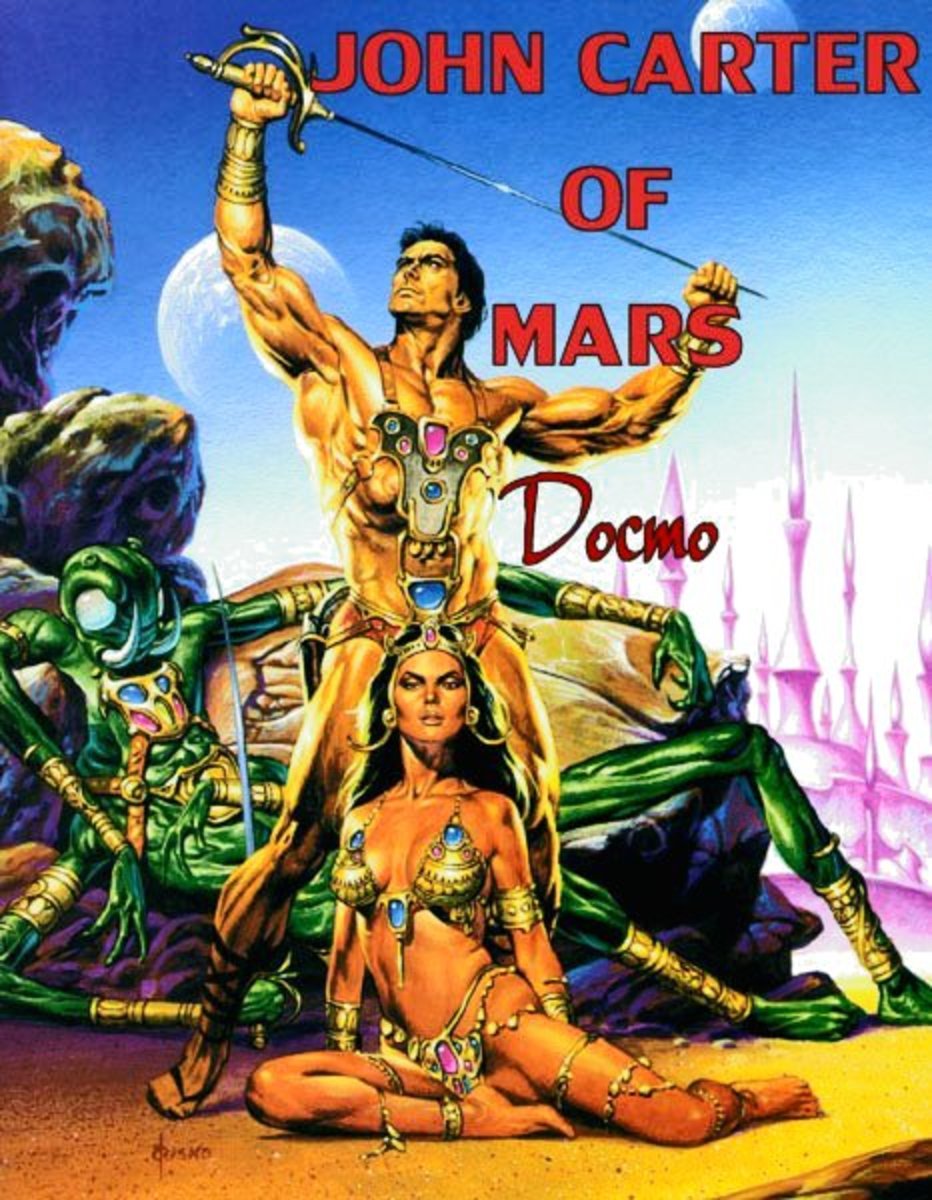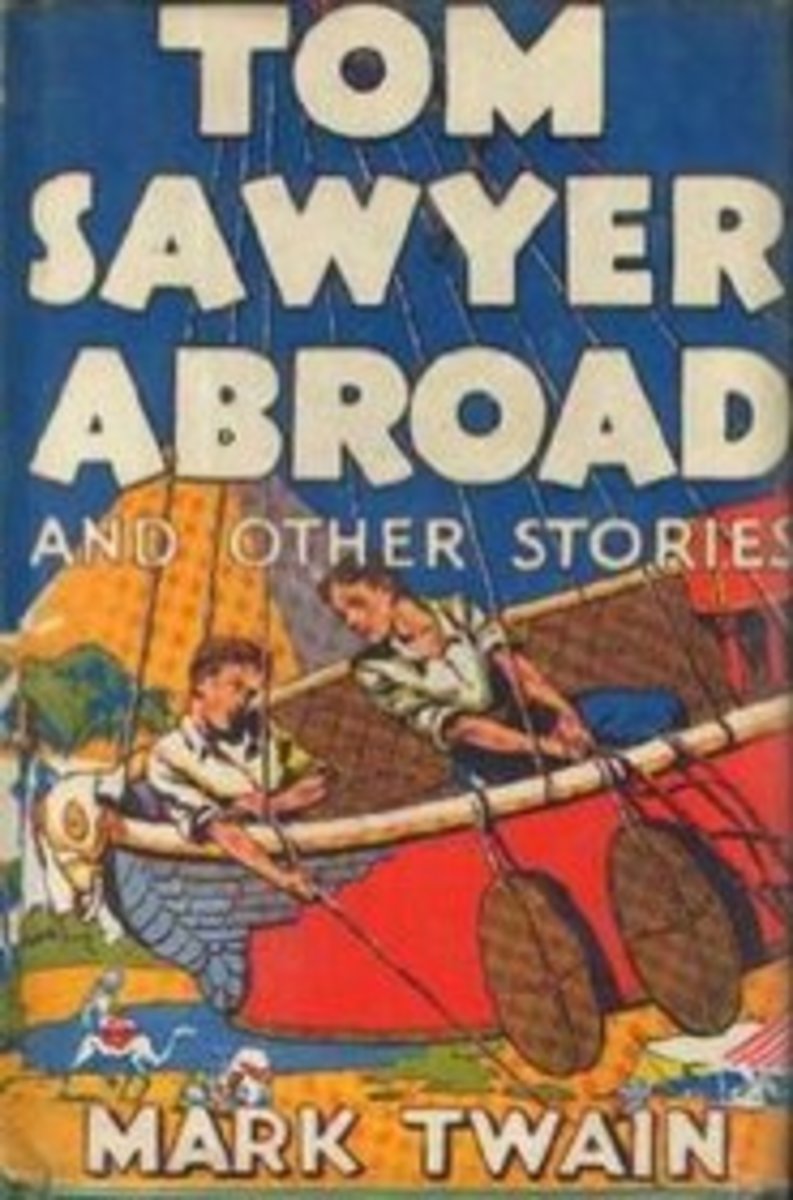Stephen King Describes His Craft: On Writing
Stephen King

Stephen King is one of America's great novelists. How's that for a non-controversial statement?
As much as I enjoy his works, I had long resisted reading his book On Writing: A Memoir of the Craft. It's not a novel, of course, it's a memoir of exactly what the title says it is. I resisted the book because I figured that a great writer would have little to tell me. Who wants to read war stories of a man at the top of his game. Interesting, maybe, but what could he tell the average writer?
I'm glad I stopped resisting this book, and you should too.
It was published in 2000, a year after King was in a horrific car accident. Always the story teller, King writes about his accident, how he was struck by an inattentive driver as King was taking his daily walk on a country road in Maine, how he almost died.
As he was healing from his injuries, he wrestled with this book. As prolific as he is, he had a hard time telling the story of his craft. I'm glad he overcame his block.
This is not a book about how you too can be another Stephen King...or Tom Clancy, Nelson DeMille, Barbara Kingsolver or any other novelist. It's about how you can be the best writer that you can be. I know that sounds like an Army recruiting poster, but it's true. This book is written for writers.

The Categories of Writers
King takes a realistic look at the "writing community," and, with his typical directness, breaks it down into categories. There are bad writers, competent writers, good writers and great writers.
It's refreshing to read that he has no hope for bad writers. He thinks they're beyond salvation, and I think he's right. There's a difference between singing in the shower and writing. Singing in the shower is an activity for the singer. Writing is an activity for the reader. Bad writers don't know that. "Hey look at me. I'm talented, witty, erudite and wise." Then why does your stuff suck? It sucks because bad writers entertain themselves. Good writers entertain readers. Unless you're willing to learn some basics, fold up your keyboard and do something else. Record your shower songs, maybe.
If there is a target audience for this book, it's competent writers. He shows you how to go from competent to good, by following some rules and honing your craft. Can you be great? King won't say no, but hits you in the face with the obvious. Just as supermodels are born, not made, great writers are possessed of rare gifts. I think of a super athlete. Say you're a competent basketball player, maybe even a good one. No coach, no training camp, no extra effort is going to turn you into Michael Jordan. Not going to happen.
But what can happen is that you get better, maybe even good. This book aims at that sweet spot, the large group of writers who are pretty decent at what they do.

The Basics
Master Stephen goes to the heart of writing, and it begins with tools, the basics.
Vocabulary. King calls this the "bread of writing." (I read this book on my Kindle, so I can't give you a page reference - Sorry). Vocabulary should be at the top of your toolbox, and "don't make any conscious effort to improve it." In other words, don't look for words that make you look smart, look for words that do the job. Quoting the prostitute talking to a bashful sailor, King says, "It ain't how much you've got, honey, it's how you use it."
Grammar. It also belongs on the top shelf of your writer's toolbox. There's no excuse for bad grammar. King suggests you buy a used copy of Warriner's English Grammar and Composition, the same book many of us used in elementary school. I would add that a simple Google search can bring you to some excellent websites on grammar, such as grammarbook.com. Don't insult your reader, or he won't be a reader for long.
Elements of Style
Sometimes the best has been said already. King recommends the venerable The Elements of Style by Strunk and White. He picks a few Strunk classics prohibitions, including phrases like "the fact that," and "along these lines." To these King adds some personal gripes, such as "at this point in time," or "at the end of the day."
Avoid needless words. This is one of Strunk and White's most important dictums, and Stephen King heartily agrees. I love King's formula for rewriting: "2nd Draft = 1st Draft - 10%." Getting rid of useless words can make your manuscript more compact and powerful.
Adverbs. "Adverbs," says Master Stephen, "are not your friends." Bless him. Nothing pegs a piss poor writer like an explosion of adverbs. King likens them to dandelions. Ignore one or two and before you know it they cover your lawn. To this I would add, to paraphrase Zuzu in It's a Wonderful Life, Every time you write an adverb, you should hear a
Outline a Novel or Go Organic
If there is one criticism I would make of King's book it's this: He opts for organic writing rather than outlining. Well fine, but King is a creative genius, or, as he says of Hemingway, "a fucking genius." When his creativity flows, it comes from a rare place, the place of genius. I don't know about you, but I need a little structure when I write fiction. I need an outline, even if I keep changing it as I go along. Yes, my juices flow when I start writing, but I need a place to start. He gives us a great analogy to hunting for fossils, believing that a writer's words are there somewhere, they just need to be dug up. I got it. I just need a place to start digging. But then, I'm not Stephen King.
Story Versus Plot
King sees a big difference between a story and a plot, the latter being somewhat contrived. "Story," says King, "is honorable and trustworthy; plot is shifty, and best kept under house arrest."
Bad writing infests the Internet, including sites like HubPages. It also infests the dens of self publishing. Because there's no friction between writing something and publishing it, crap proliferates. King doesn't go into Internet writing in the book - remember it was published in 2000, an age when Google was an infant. Nor does he even mention self publishing, a phenomenon that has taken hold since he wrote the book. I would love to see an update, addressing this new age of writing, an age where Search Engine Optimization, not the creative use of words, rules.
I end with a simple point. If you're a writer, buy this book.
Russ Moran, the writer of this article, is the author of three novels in the Time Magnet Series, The Gray Ship, The Thanksgiving Gang, and A Time of Fear.
I thank Stephen King for his guiding light on fiction writing.
Copyright © 2014 by Russell F. Moran








